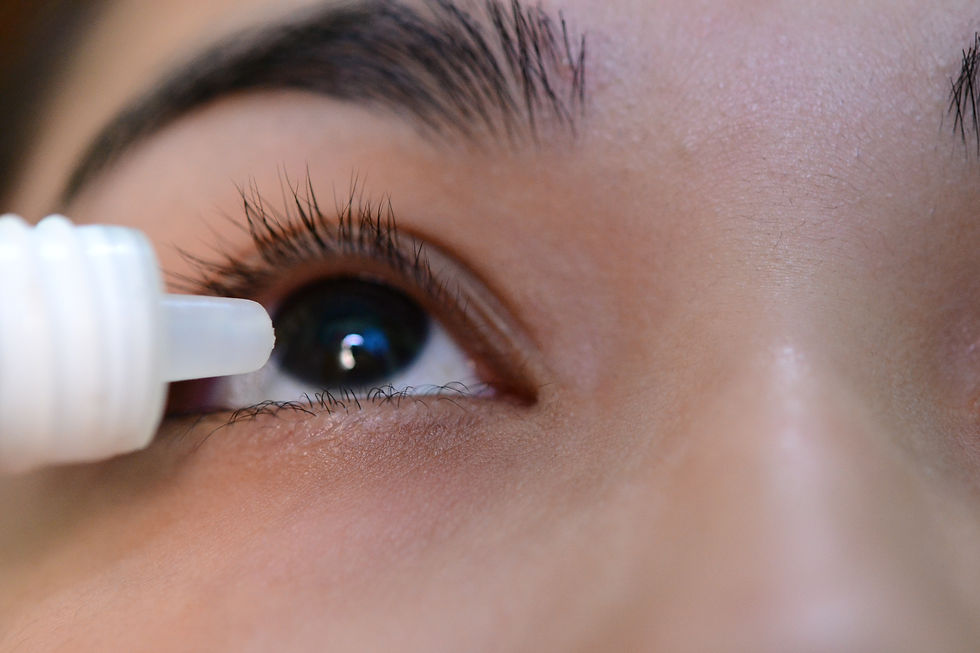Allergy Medications - What Are They?
- Joshua Griffin
- May 26, 2016
- 2 min read

Allergy medicines are available as shots, skin creams, eye drops, nasal sprays, inhalers, liquids, and pills. Most are sold over the counter while the rest are only available by prescription. To better understand what these medications are, the following guide provides the most common types of allergy medicines with a breakdown of why they are used. Read on to learn more:
Decongestants

Essentially, decongestants refer to allergy medicines designed to provide quick temporary relief from sinus and nasal congestion. Their common side effects include irritability, increased blood pressure, headache, and insomnia.
Liquids and Pills

Oral decongestants are designed to relived congest arising from allergic rhinitis (hay fever). Most of them are available over the counter (such as Afrinol and Sudafed). They also tend to contain decongestants combined with antihistamines. They include:
Drops and Sprays

These drops and sprays relieve congestion when used for some time. Repeated use, however, might cause the congestion to recur or worsen. Examples of nasal drops and sprays include:
Inhalers

Inhaled decongestants are often used on a daily basis to treat the asthma complicated or caused by reactions to airborne allergens. Side effects are minor and might include oral yeast infections and throat and mouth irritation. Prescription inhalers used as allergy medicines include:
Antihistamines

Basically, antihistamines are allergy medicines used to block histamine, the symptom-causing chemical that is released by the immune system when you suffer an allergic reaction. Options include:
Oral antihistamines are designed to ease watery or itchy eyes, swelling, hives, runny noses and other symptoms of allergies. Seeing as how most of them cause fatigue and drowsiness, doctors don’t recommend taking them while doing potential dangerous work or driving.
They include:
Nasal Sprays

Nasal sprays will relive sinus congestion, postnatal drip, runny or itchy nose, and sneezing. They come with such side effects as fatigue, drowsiness, and a bitter taste in the mouth. They include:
Eyedrops

Eyedrops can ease red, swollen and/or itchy eyes. They are composed of antihistamines and other allergy medicines, and include:
Mast Cell Stabilizers

These allergy medicines will block the release of chemicals which cause certain allergic reactions. Generally, these drugs are safe. However, you need to use them for a couple of days before they can treat your allergic reaction. Mast cell stabilizers include:
There are many other types of allergy medicines out there. Although you can buy most of these over the counter, it is still highly recommended that you seek medical counsel. By working with your doctor, you will be able to choose the most affordable and effective medications for your allergy.




















Comments